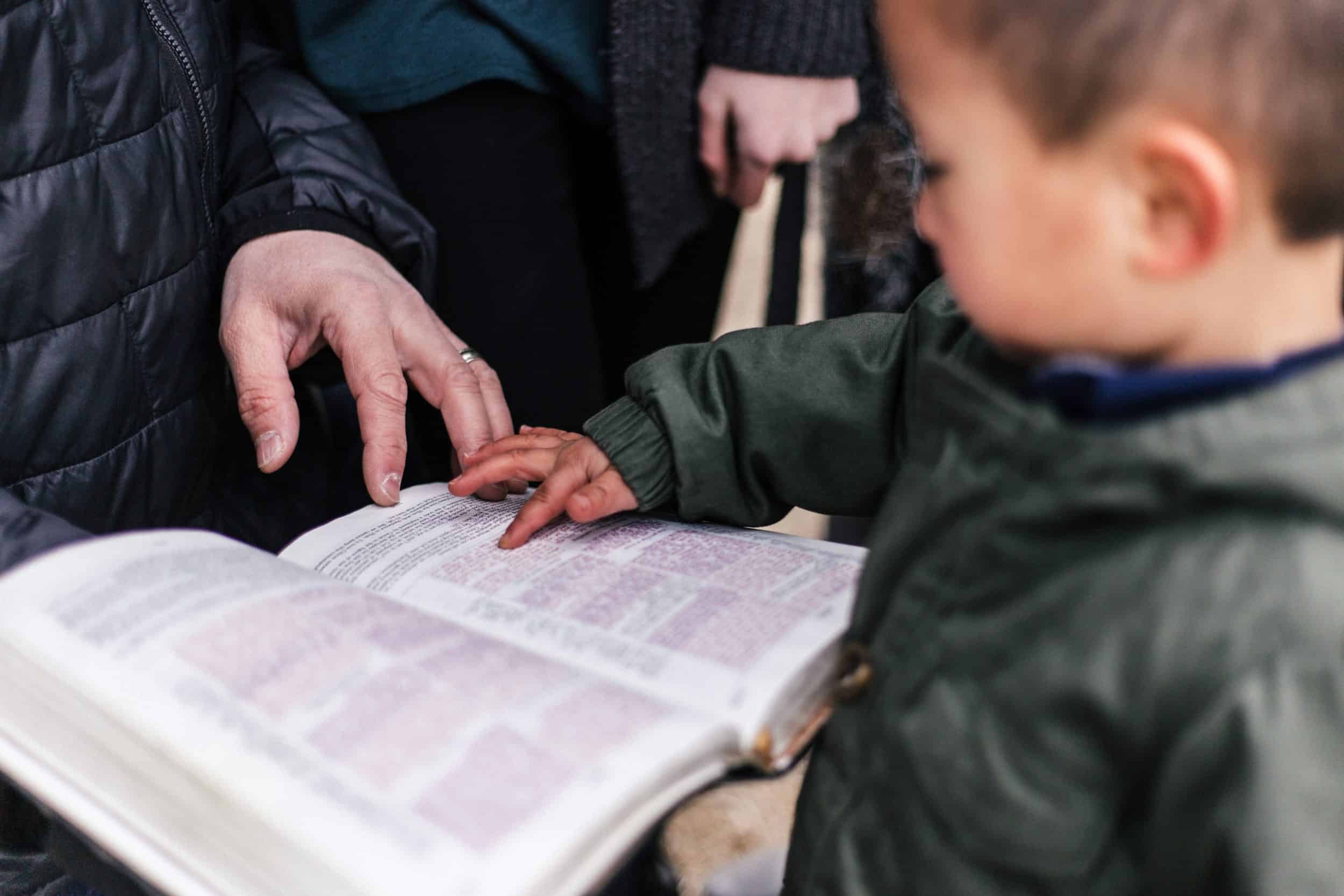The intersection of parental guidance and individual autonomy in religious upbringing has long been a subject of profound contemplation. In a world characterized by diverse belief systems and evolving perspectives, parents are confronted with the challenging decision of whether to impart their own faith onto their children or to empower them to explore and choose their spiritual path independently. This discourse delves deep into the ongoing debate surrounding religious upbringing, dissecting the merits and complexities of both approaches – instilling faith and allowing autonomous choice.

Instilling Faith: Fostering Tradition, Values, and Identity
For parents who advocate the practice of instilling faith within their children, the journey is often seen as a continuum of ancestral traditions and cherished beliefs. This approach stems from the conviction that introducing children to a specific faith from an early age serves as a moral compass, nurturing virtues like kindness, empathy, and respect for others.
By assimilating religious teachings, children are exposed to ethical guidelines that can shape their character and guide their decisions as they navigate life’s challenges. It is like providing a path for the children to walk in all the days of their lives. At least a guide for life is provided by so doing which is one important reason it should be encouraged.
Furthermore, the aspect of community cannot be overlooked. Religious gatherings, rituals, and shared customs create a sense of belonging, facilitating familial bonds that are fortified by the interwoven fabric of faith. This shared spiritual experience can serve as a source of solace during times of uncertainty and a source of joy during celebrations.
Allowing Choice: Fostering Individuality and Critical Thought
Conversely, a growing faction of parents advocates for a more hands-off approach, emphasizing the importance of allowing children to cultivate their spiritual inclinations independently. This perspective hinges on the idea that imposing religious beliefs can potentially breed feelings of rebellion or scepticism later in life. By enabling children to explore diverse faiths and philosophies, they develop the cognitive skills necessary to critically evaluate various viewpoints.
Granting children the autonomy to shape their own beliefs also aligns with broader principles of human rights and freedom of conscience. By encouraging children to question, reflect, and make informed decisions, parents can facilitate the development of authentic spiritual identities that are firmly rooted in personal conviction.
Striking the Equilibrium: Navigating the Spectrum
While the dichotomy between instilling faith and allowing choice can appear stark, a nuanced middle ground can bridge the chasm and accommodate the essence of both approaches.
Holistic Education: Delving into comparative religion studies can bestow children with a comprehensive comprehension of various faiths, encouraging them to think critically about the human experience of spirituality.
Transparent Dialogue: Fostering open, non-judgmental conversations about religion cultivates an environment where children feel comfortable expressing their thoughts and uncertainties. In such conversations, parents can share their own beliefs while validating the existence of differing viewpoints.
Cultural Immersion: Engaging children with various religious practices, through visits to places of worship and participation in cultural events, can widen their perspective and deepen their appreciation for humanity’s diverse spiritual tapestry.
Empowering Exploration: If a child exhibits an interest in a specific faith, parents can extend support by offering resources, mentorship, and opportunities for them to immerse themselves in that spiritual journey. If you are going to go through this route, it must be cautiously done and be intentional in every step.
Prayer: If you are going to help your children discover life and the very essence of it, it can not be done by mere activities. It must be buried in purposeful prayer for the children to come to the knowledge of truth and to live according to the truth. This is very key if you will truly help your children.
The decision of whether to instil faith or allow autonomous choice in religious upbringing rests at the confluence of individual convictions, cultural heritage, and the evolving landscape of spirituality. Striving to strike a harmonious balance between the two realms is a testament to the complexity of parenting in a world defined by pluralism.
Ultimately, the aspiration lies in nurturing compassionate, empathetic individuals who are armed with the wisdom to make discerning decisions about their spiritual voyage, thereby embracing both the gift of tradition and the profound power of self-discovery.
Thank you for taking out time to read through our article. Do not hesitate to share your experience on the topic in the comment section. Please share this with loved ones and your social media handles.




